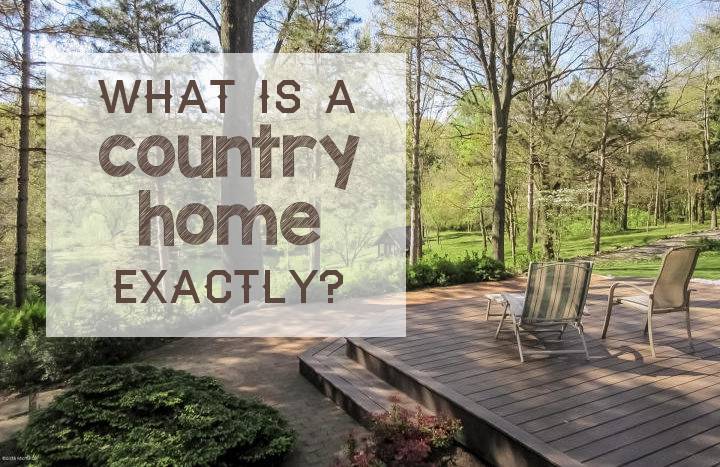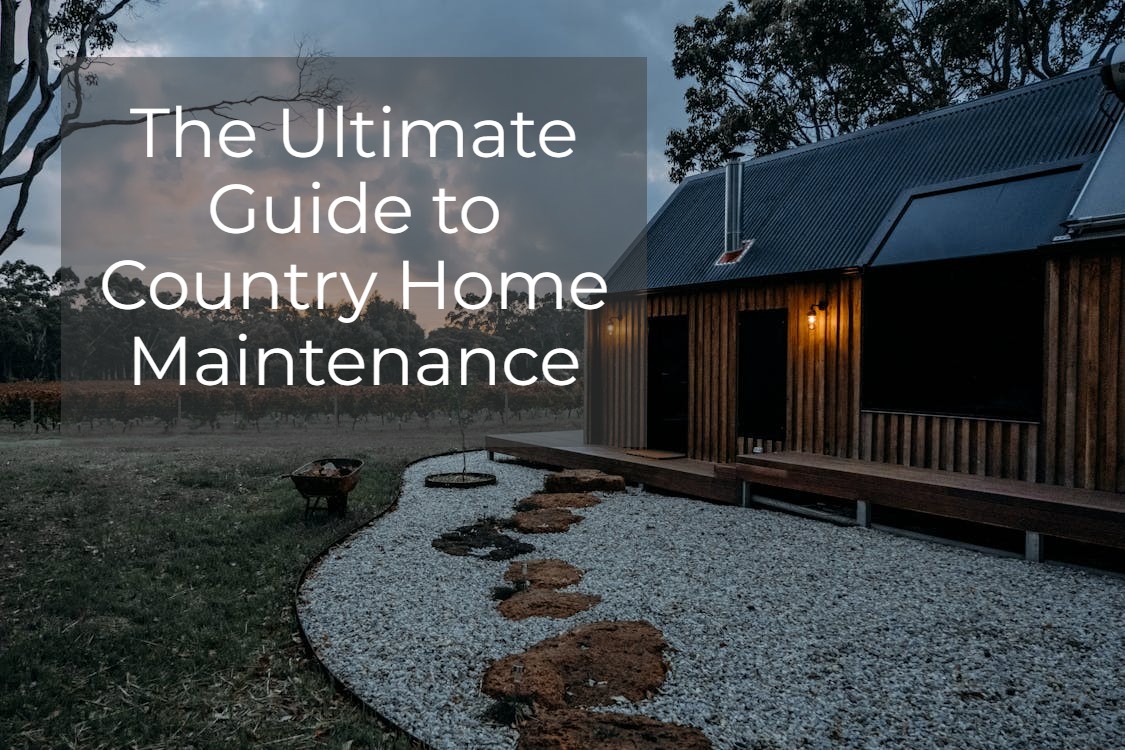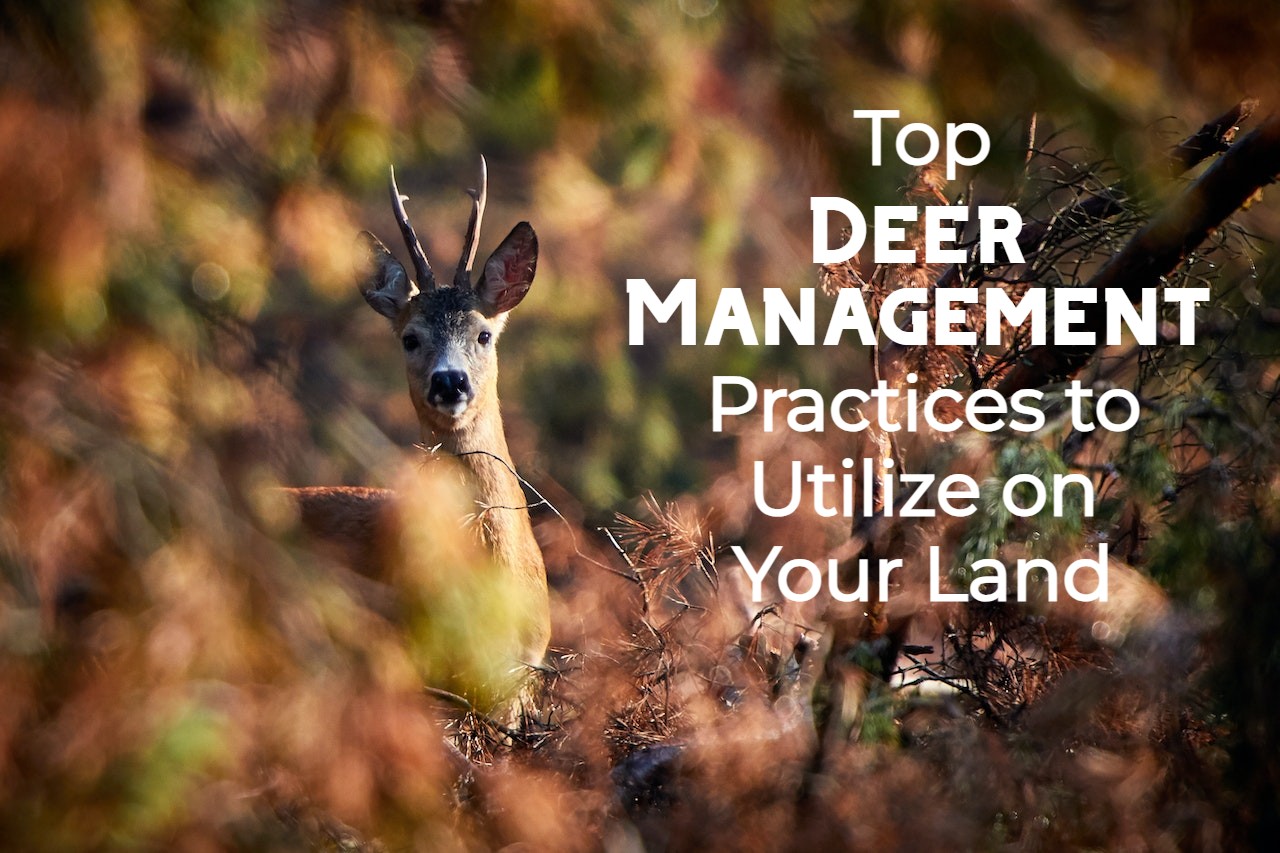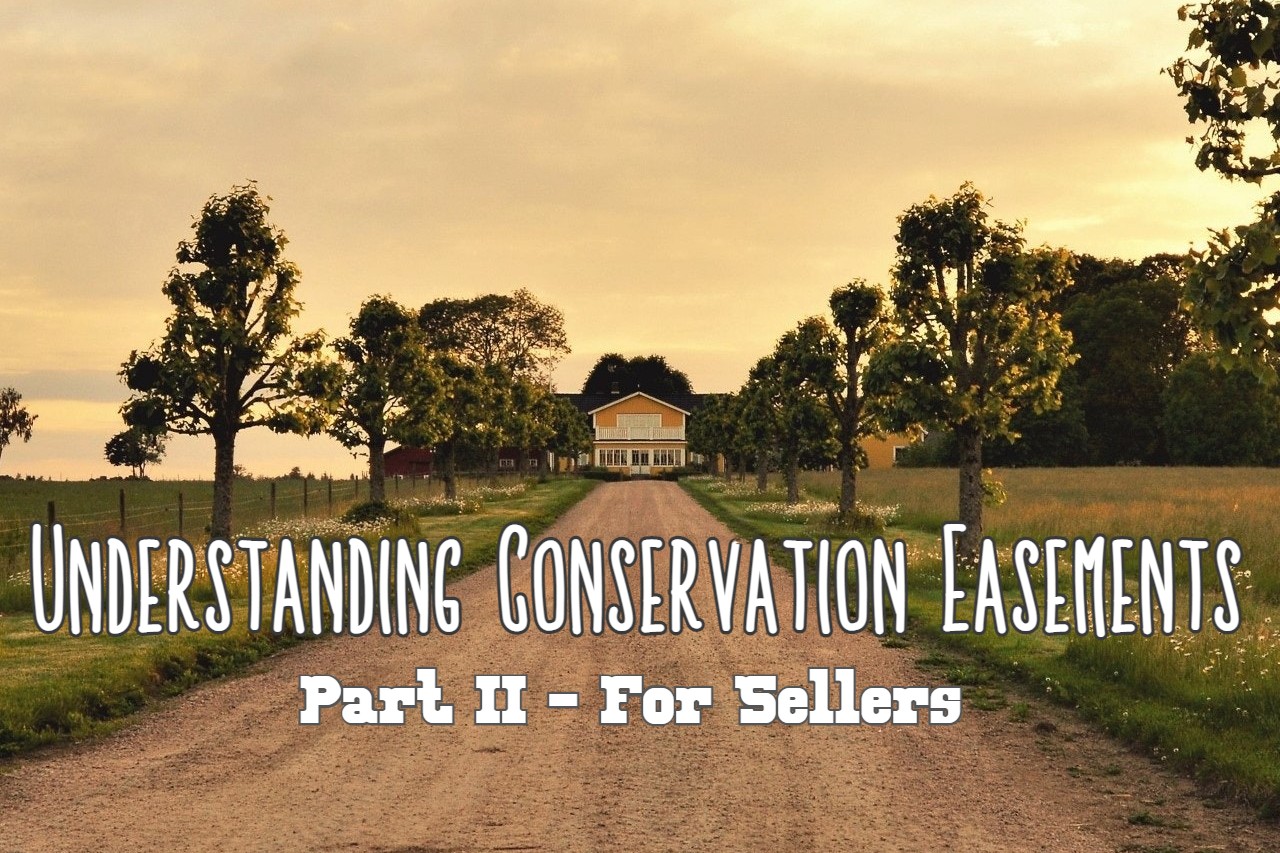What is a country home, exactly?

A home in the country. It’s a dream of many people, but if you ask them to define what a country home is, you’re likely to get lots of different answers.
For some, it’s a residential home on a couple acres just outside of town. For others, it’s a home on 50 acres an hour’s drive, or more, from the closest supermarket.
The reasons people want to move to the country can vary, too. Often, they’re looking for privacy, open space, and a closeness to nature that they can’t get living in the city. They may want to use their property recreationally – hunting, nature walks, four-wheeling/snowmobiling or raising animals. All are just a few examples of the things you can do in the country.
For our site, we define a country property this way:
Country Homes cover a fairly wide range of properties. On our site, this category includes homes on 5 acres or more, usually not within city limits, which are commonly served by water wells and septic systems. Though this is a broad category, it fits for buyers who want to live in an area where there’s open space, and they don’t feel too close to their neighbors, where they can hear the birds sing by day, and the crickets at night. We work with a lot of folks who are moving from the city, who can’t wait to get out to the country.
If you’ve thought about moving to the country, you probably have your own definition of a country home, and probably a good idea of what it would look like, too. There are a few important things to be aware of, though, before you start shopping.
We asked a few of our agents, who specialize in country homes, the following question:
“What is an important question Country home buyers
SHOULD ask, but don’t?”
Take a look through the answers to ensure your country home shopping goes smoothly.
“I think the most important question a country home buyer should ask or research, but oftentimes doesn’t, is the zoning, and whether there are any restricted uses of a property. For example, a large parcel in one township may be zoned R1 (residential) and doesn’t allow livestock, even though there’s substantial acreage to support the animals. However, in a nearby township, a five acre parcel zoned R1 may allow certain livestock even though the acreage may not provide enough space.
Knowing your intended use and verifying that use with the township is very important.”
– Leslee Smith
Tip: When working with an agent to find your dream property, be sure that agent has experience, with a knowledge and understanding of zoning in your area, and communicate your dreams and intended use, so your agent can do their best to help you make an informed decision.
“Buyers should understand land usage for their intended purpose. Zoning and other restrictions as well as any easements should be investigated and confirmed…avoid surprises!”
– Jane Carpenter
“What are surrounding areas zoned, but perhaps equally important – what is the practical use potential of the property and those surrounding it?”
– Geoff Cripe
As you can see, zoning should be a big consideration when looking at country properties. It’s also something that is specific to the municipality you are looking in, so an experienced Realtor will be very helpful. To get an overview of the different kind of zoning classifications there are in Michigan, visit the Michigan.gov site to read their Classification of Real Property PDF. Then, you’ll need to research specific zoning classifications in the areas you’ll be looking in, as every municipality & township will vary.
No matter what a country home means to you, doing a little research ahead of time and finding a experienced Realtor will help ensure that you love your country getaway for years to come!









